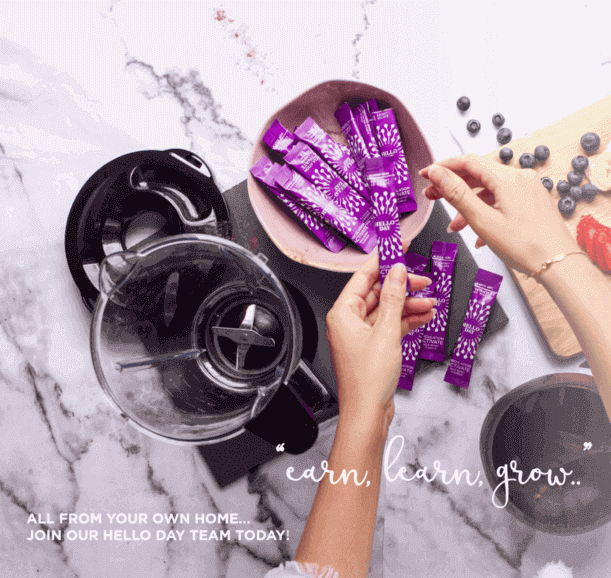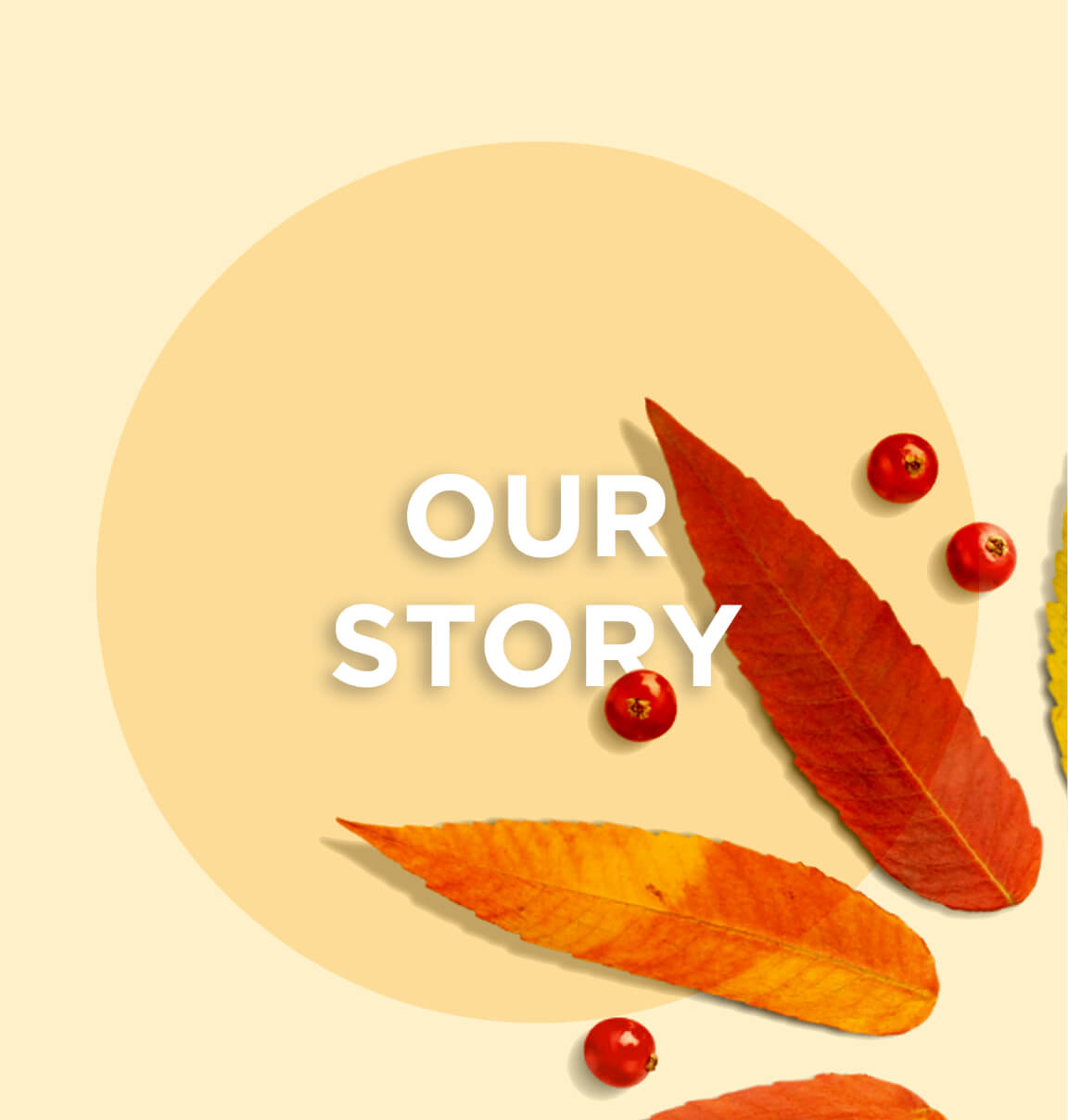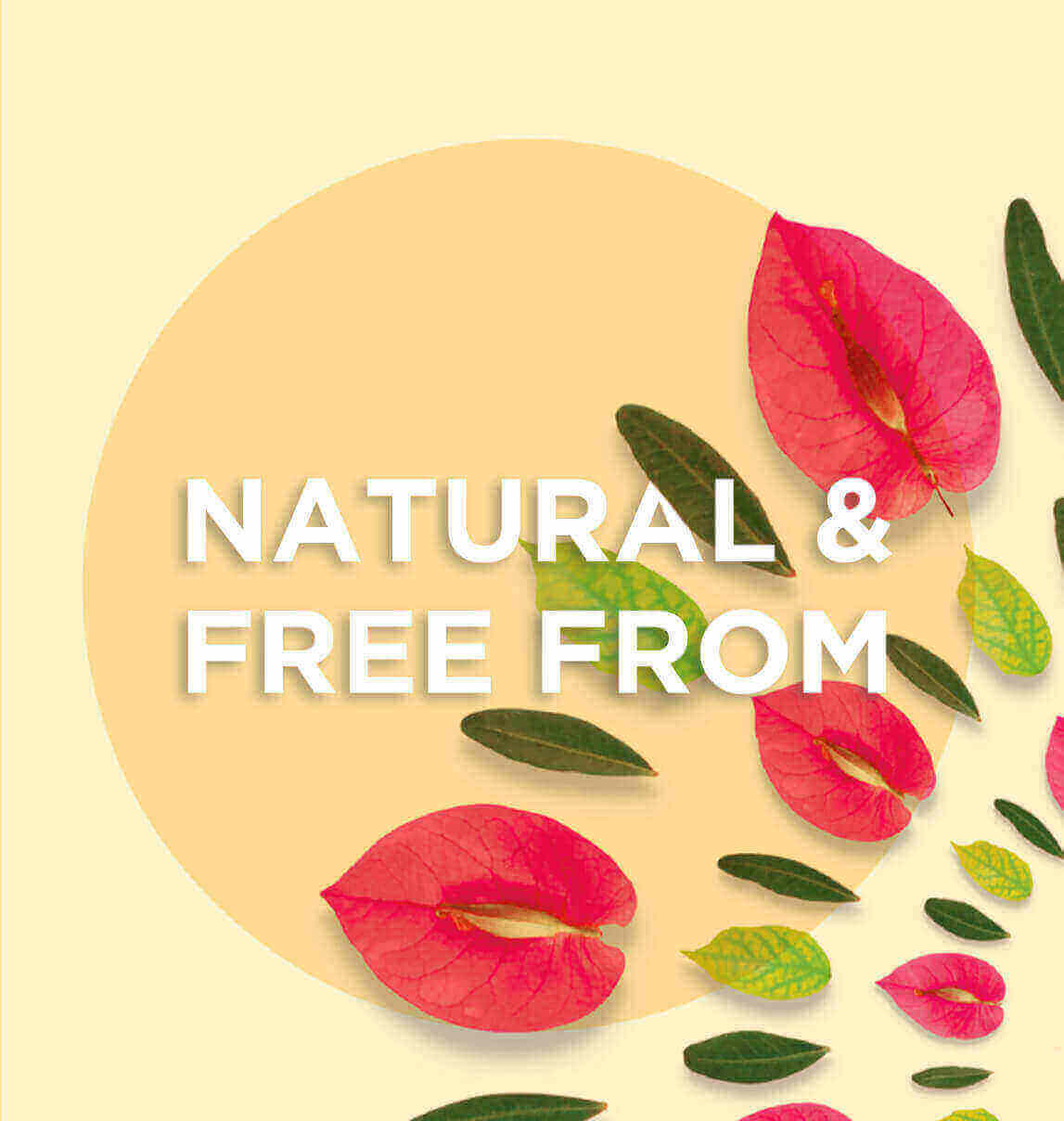1. Stock up on energy
Before starting the day, have a hearty and filling breakfast rich in protein and complex carbohydrates.
Avoid quick-release sugars such as jam, honey or chocolate spreads to avoid any sudden drop in blood sugar levels a few hours later!
Dried fruits and nuts such as walnuts, almonds, raisins and apricots are great for snacks, easy to carry around and provide a good source of magnesium and potassium, making them a whole lot healthier than the energy bars we might find in shops!
2. Regular hydration
Cold weather means that we might not feel the need to drink so often. However, skiing, ice-skating, walking and hiking are all intense physical activities which make us sweat, especially when we also tend to wear several layers too many! So remember to take some water with you and aim to drink at least every half an hour.
Keep alcohol levels to a minimum
A nice hot mug of mulled wine whilst skiing might seem like an ideal way to warm up – however, alcohol in fact causes vasodilation (widening of blood vessels) which increases heat loss. Of course, alcohol level checks are not carried out on the slopes, but any amount of alcohol nevertheless reduces our alertness and reflexes.
3. Ski holiday fitness preparation!
A medical certificate might not be required for snow sports but this doesn’t make them without risk for your knees, ankles and back!
So, it’s especially important to prepare yourself before going on your holiday adventure and take up a regular physical activity to promote muscle growth and strengthening. Remember to warm up every morning before heading to the slopes and to stretch out your muscles once the day is over.
4. Recovery time is essential!
When Skiing and partying just aren’t compatible..
OK so you’re on holiday and you just want to have a good time with your friends. However, going to bed around three o’clock in the morning after an alcohol and cigarette-packed evening isn’t the best way to prepare yourself for another day on the slopes… without mentioning that you’ll be at a much greater risk of injury.
So, if you’re planning a partying night out, then also plan for a ‘rest day’ the day after, and make the most shops, cultural activities or maybe some snowball fights!
Third day fatigue…beware!
Winter holidays are often short and we always want to make the most of our ski pass – just be careful not to overdo it! Studies have shown that injury risk is greatest on the third day of intensive physical activity with several of our defence systems already worn out..
5. Avoiding exhaustion
Vary your activities
Life isn’t all about skiing and snowboarding! Many alternative activities such as cross-country skiing and mountain hiking are incredibly beneficial for our heart and blood circulation.
If you have young children with you, then sledging, ice-skating and snowball fighting are a great way to enjoy time together.
Why not head to the Spa?
Holidays are also (or perhaps especially) about relaxing! So if your hotel or ski resort offers spa days and treatments, then make the most of it! Saunas and steam rooms are great for eliminating the toxins created by physical exercise.
6. Taking care of your skin
Watch out for sun burn!
Air purity and reverberation both increase the negative effects of UV rays. What’s more, as we don’t feel the sun so much, we tend to forget it’s even there at all!
If you’re wise enough to have followed our advice, then luckily your skin will be prepared for exposure… however, sunscreen should still be regularly applied to exposed skin and sunglasses with high UV protection are also recommended.
Improving blood circulation
You might have already experienced cold fingers and toes that turn white when exposed to cold temperatures, then red, hot and painful when they start to warm up. This particularly unpleasant experience is known as Raynaud’s syndrome and is caused by capillary spasms in your fingers and toes – enough to completely ruin your winter holiday!
Several dietary changes can help to reduce this:
- Omega 3 fatty acids, found in fatty fish, improves cellular membrane, red blood cell and artery wall suppleness.
- Flavonoids improve microcirculation.
- Magnesium has a general antispasmodic effect.
7. Respect the safety rules!
- Stay up to date with the weather forecast and choose clothing accordingly.
- When skiing or hiking alone, let someone know your itinerary and stick to it. Remember that cold weather can cause your phone to loose battery very quickly.
- Skiing off-piste is not recommended as it puts both your life and the life of others in danger.
- Respect priorities – the skier in front has priority whilst the skier behind must maintain a safe distance.
- Don’t overestimate your capabilities! Even if your ego has to suffer, don’t take onthat black slope if you don’t feel capable enough or if you haven’t skied in a while..
- Lastly, take regular breaks!





